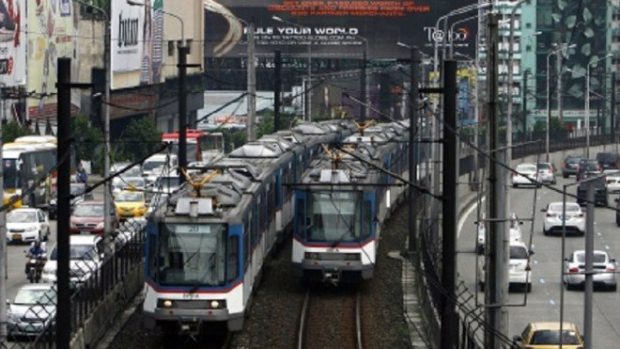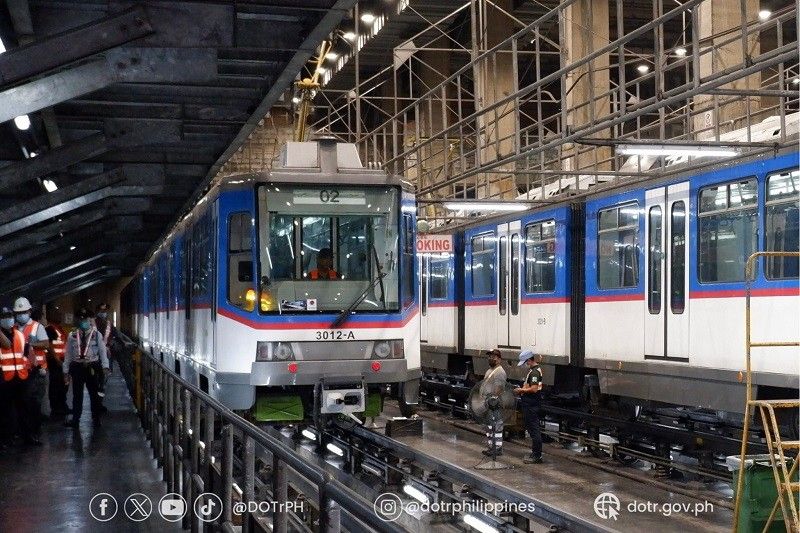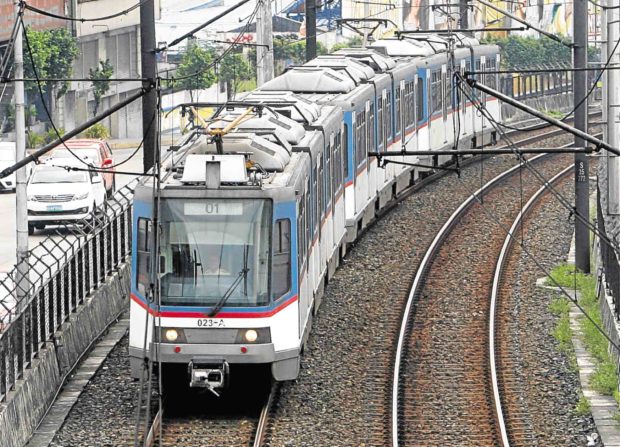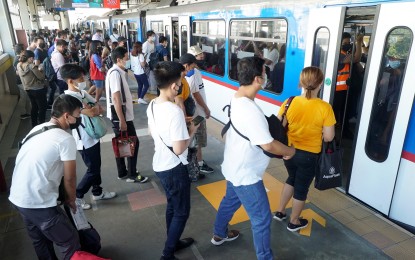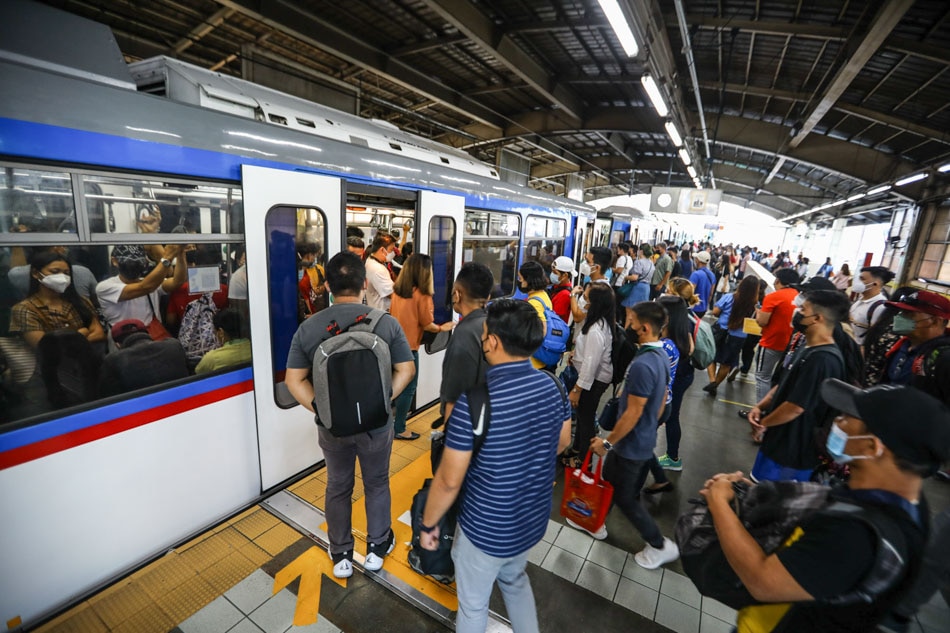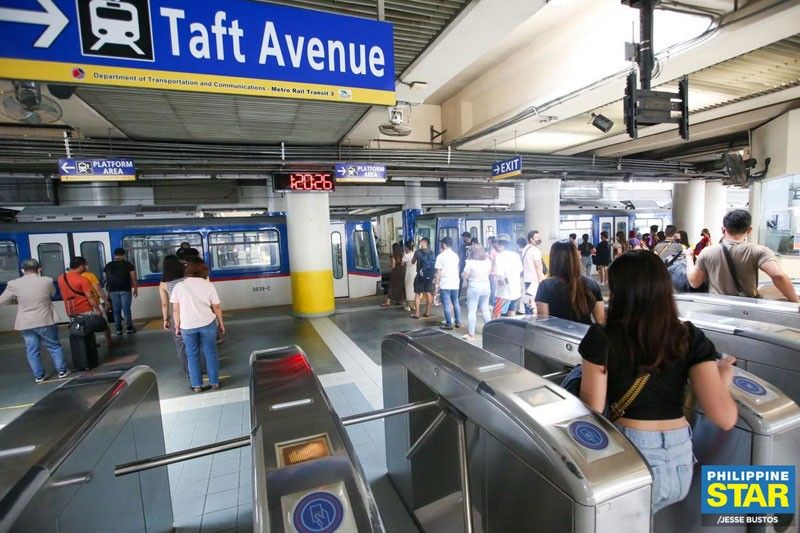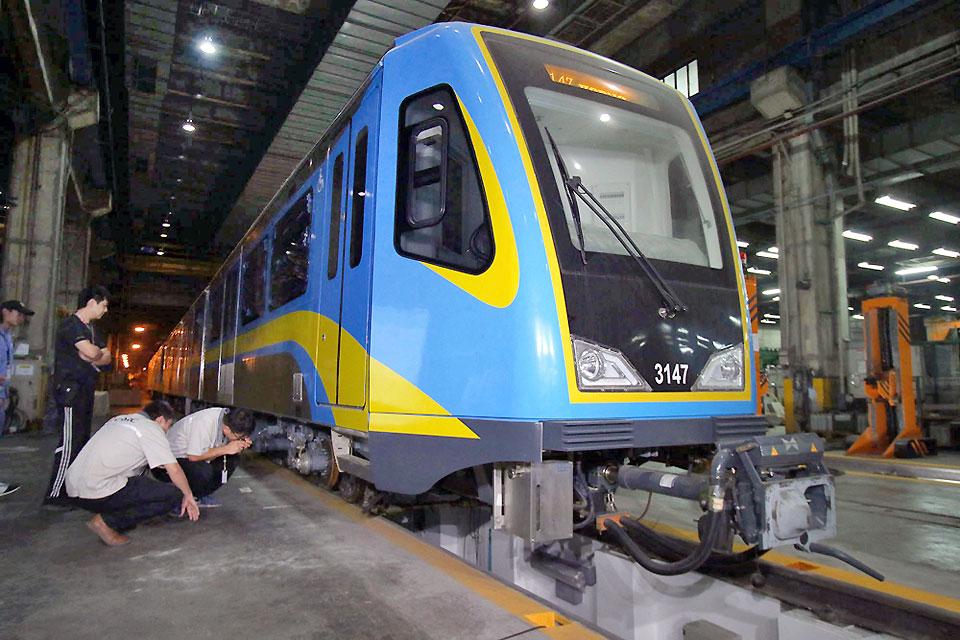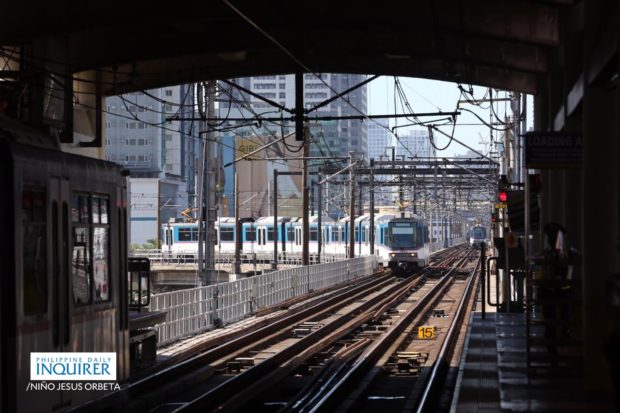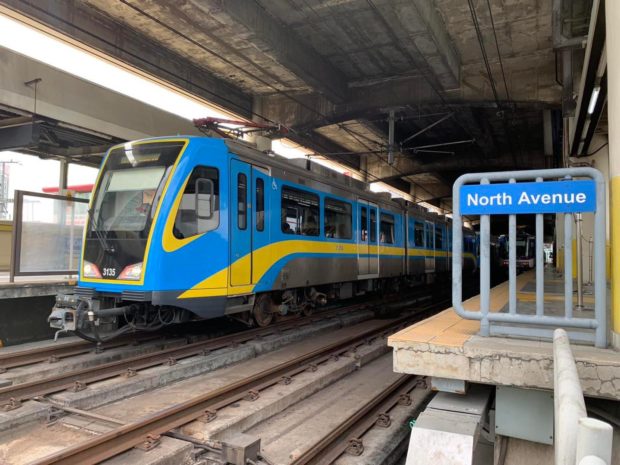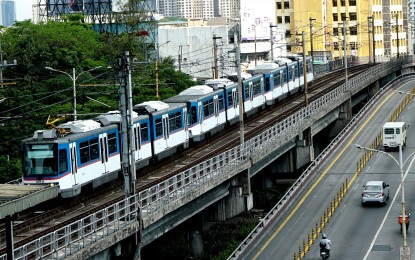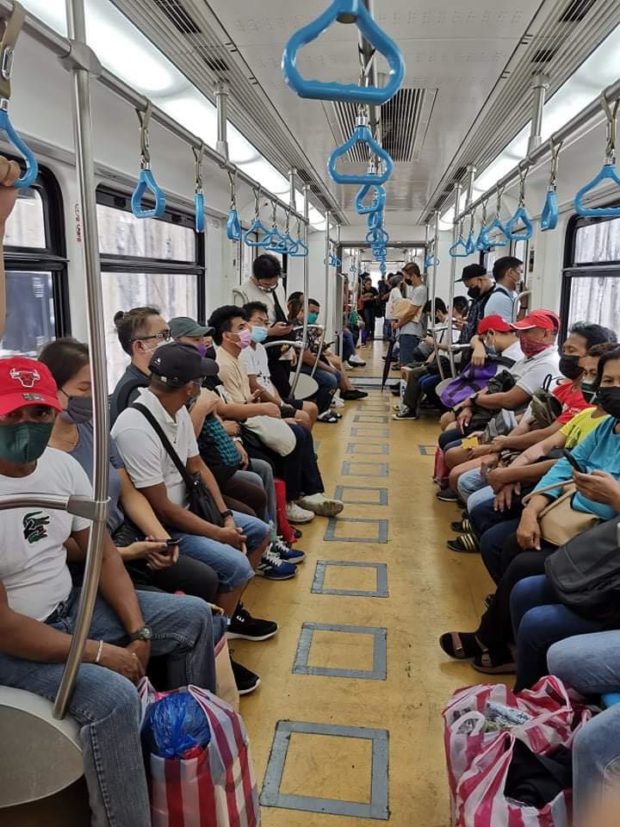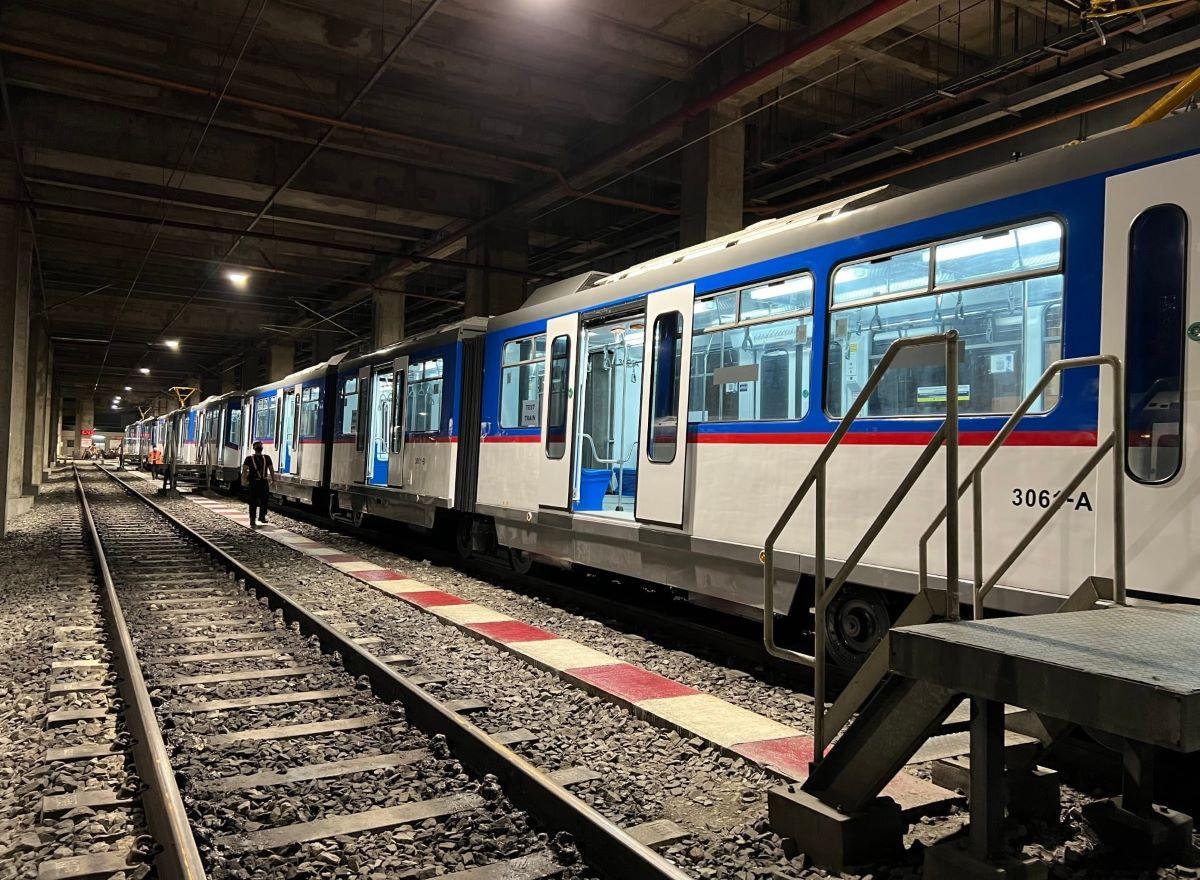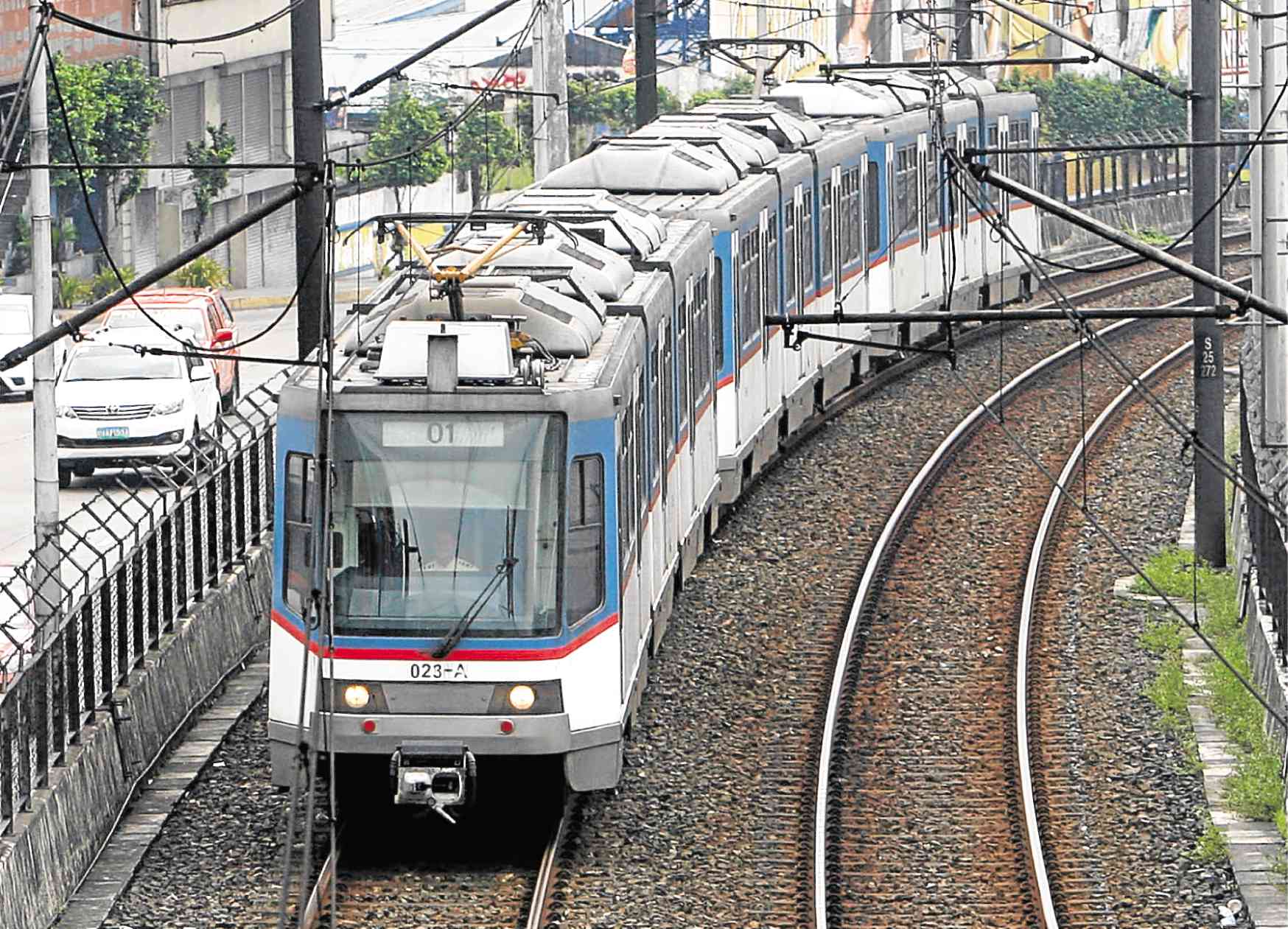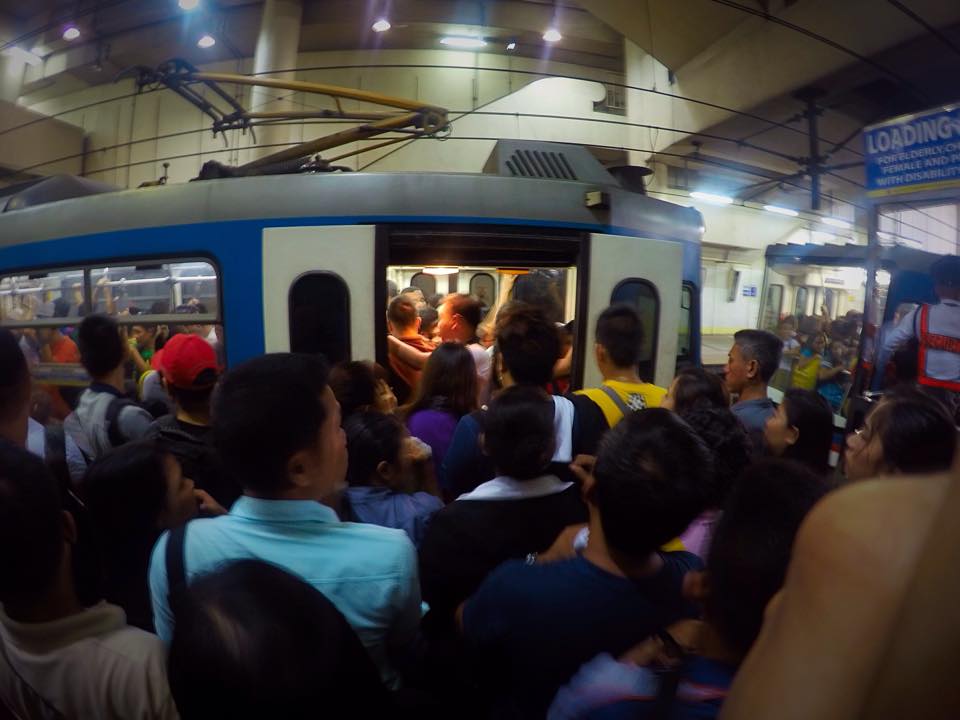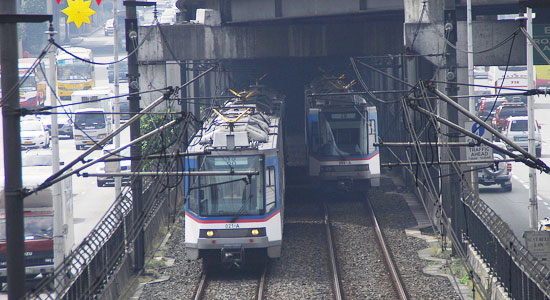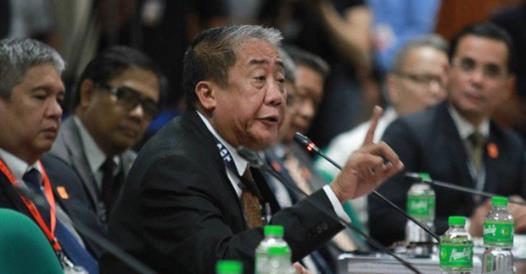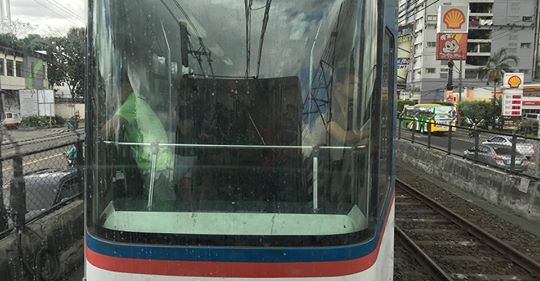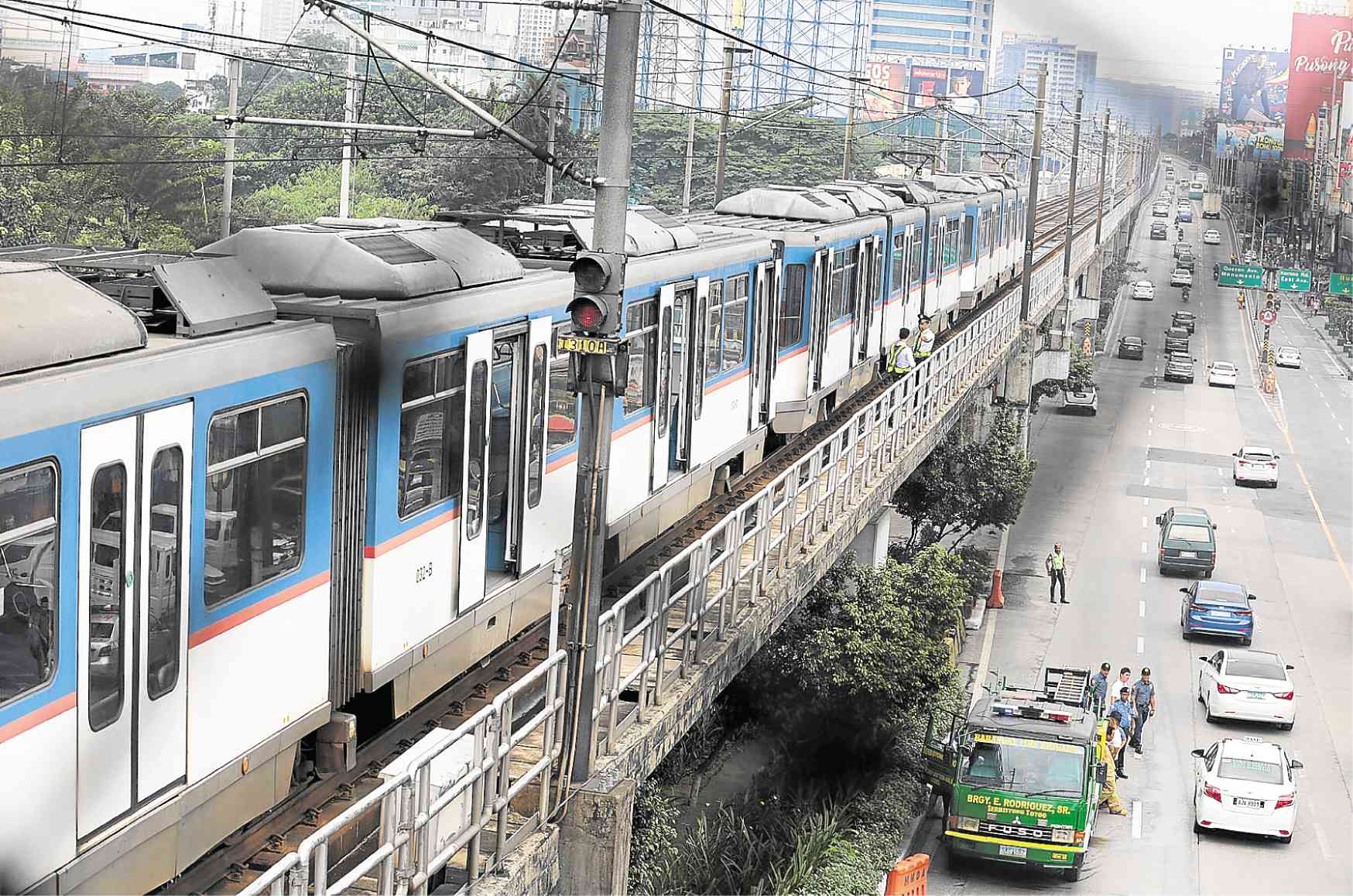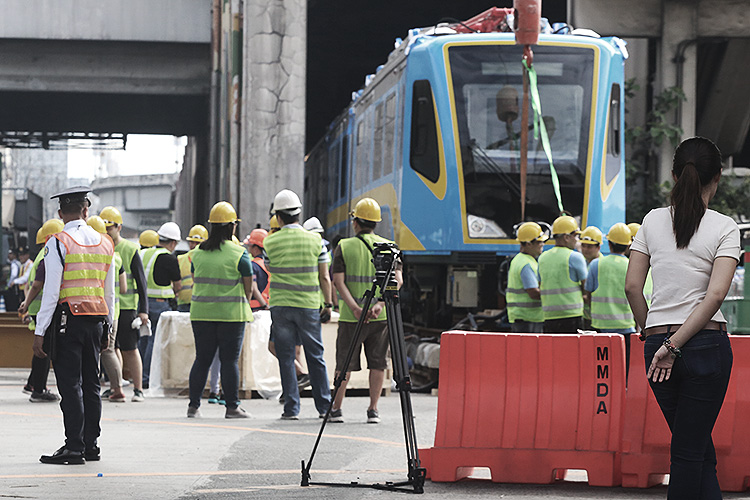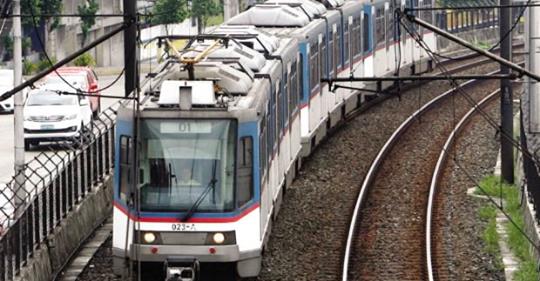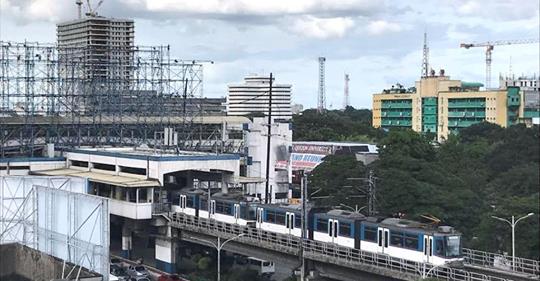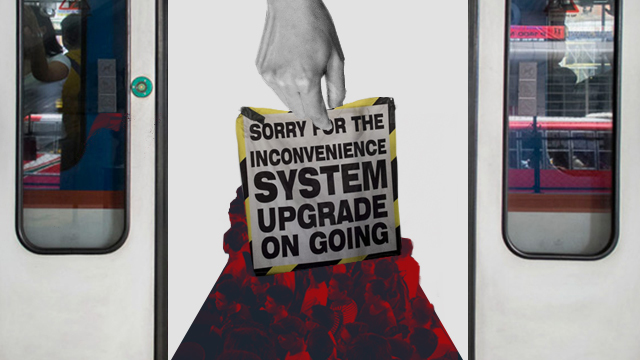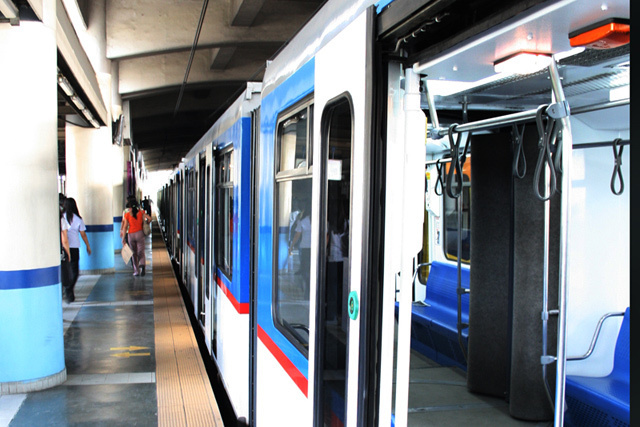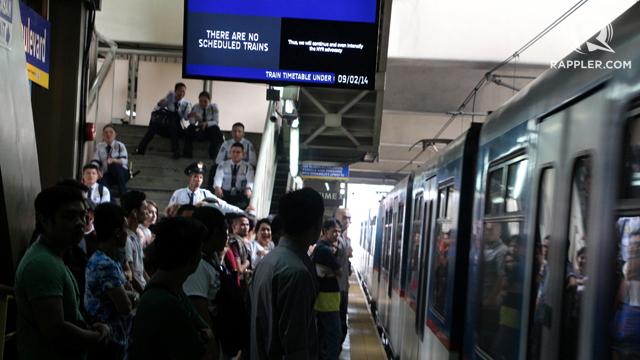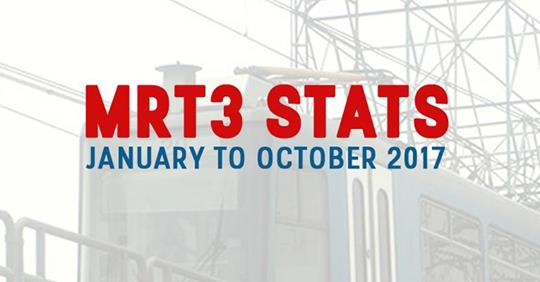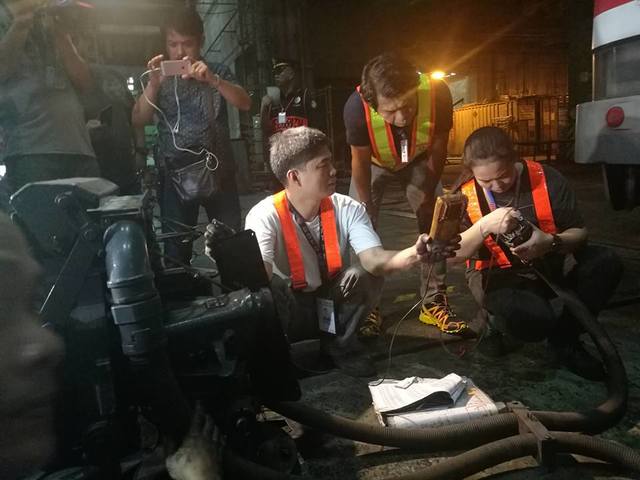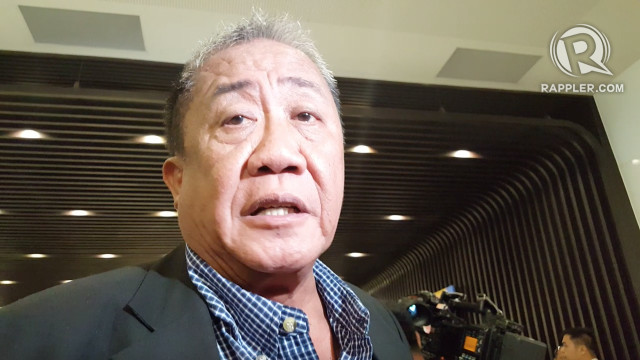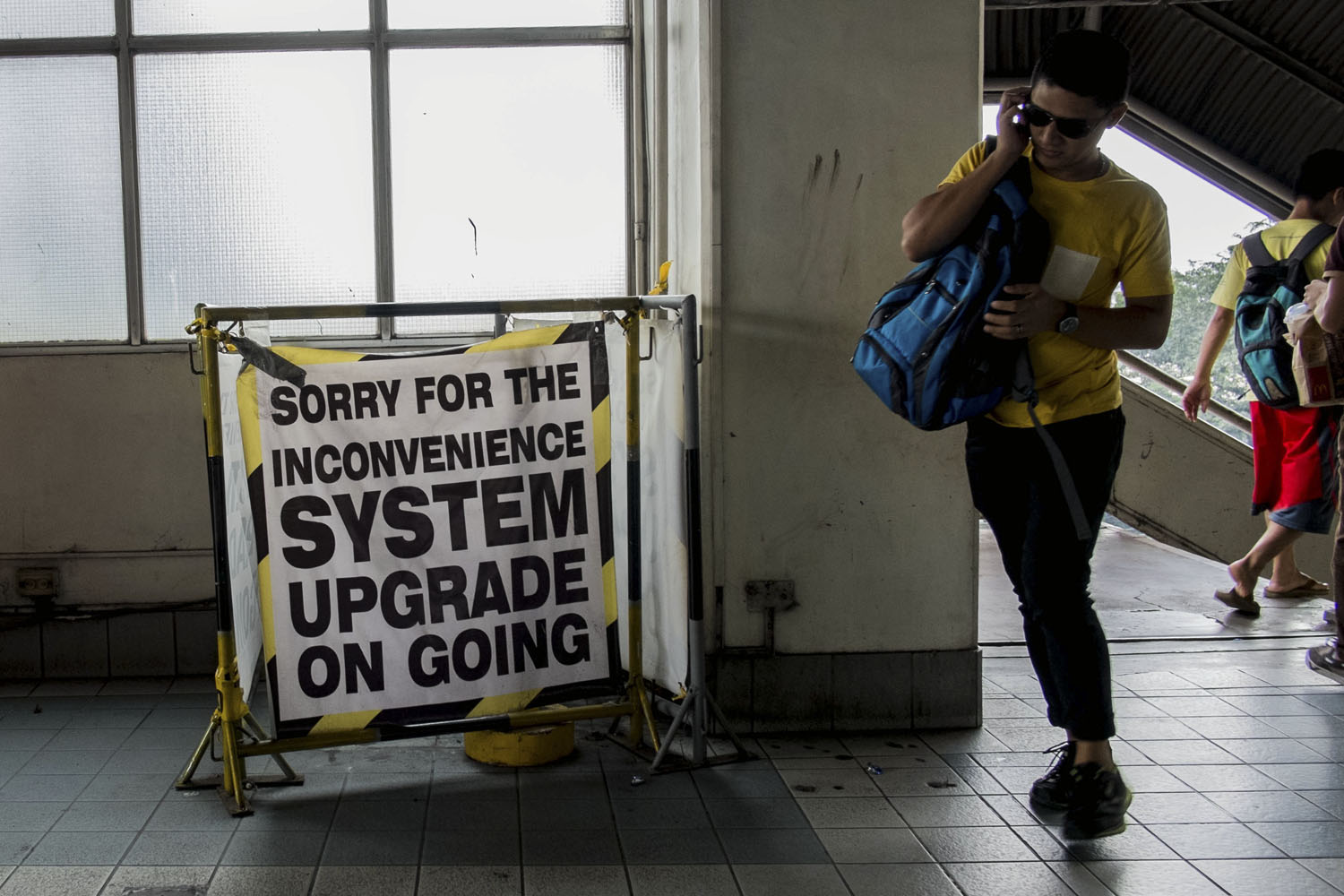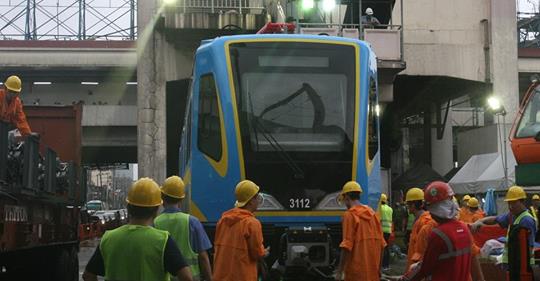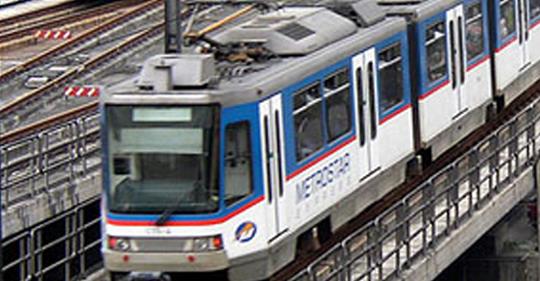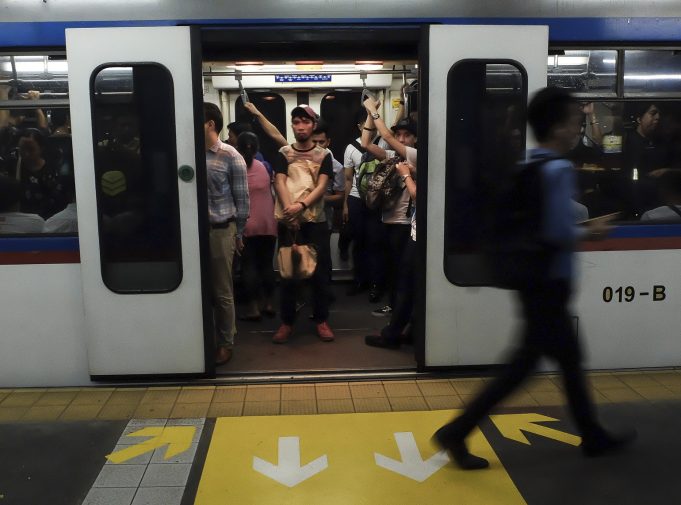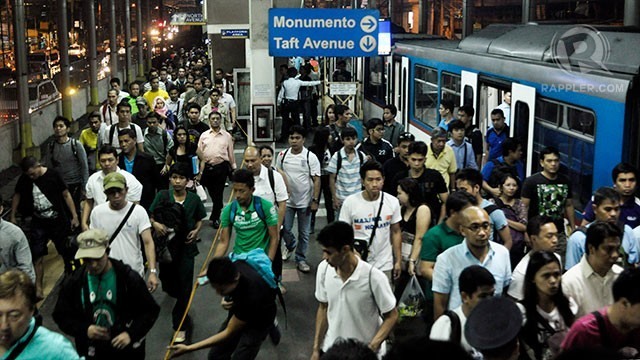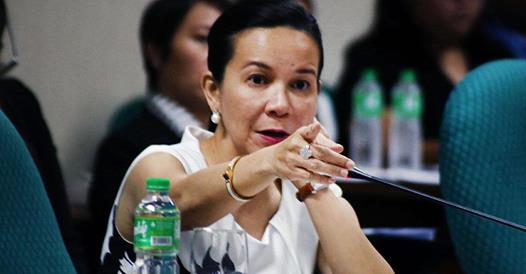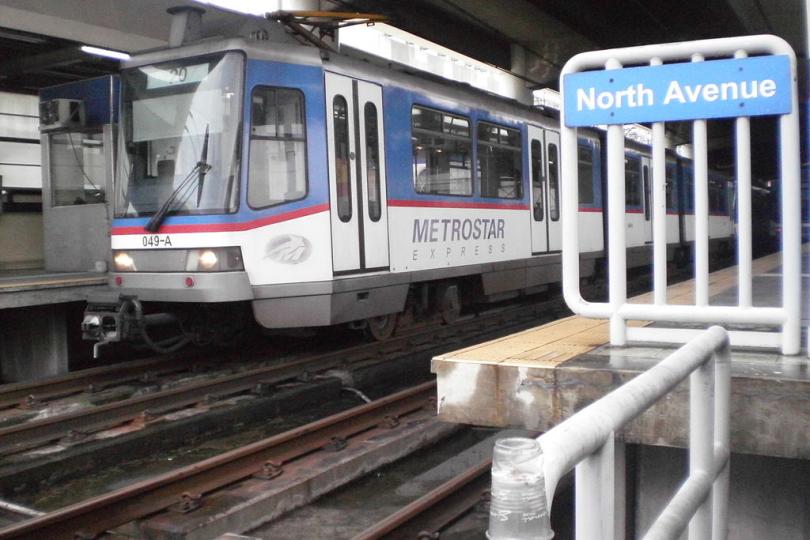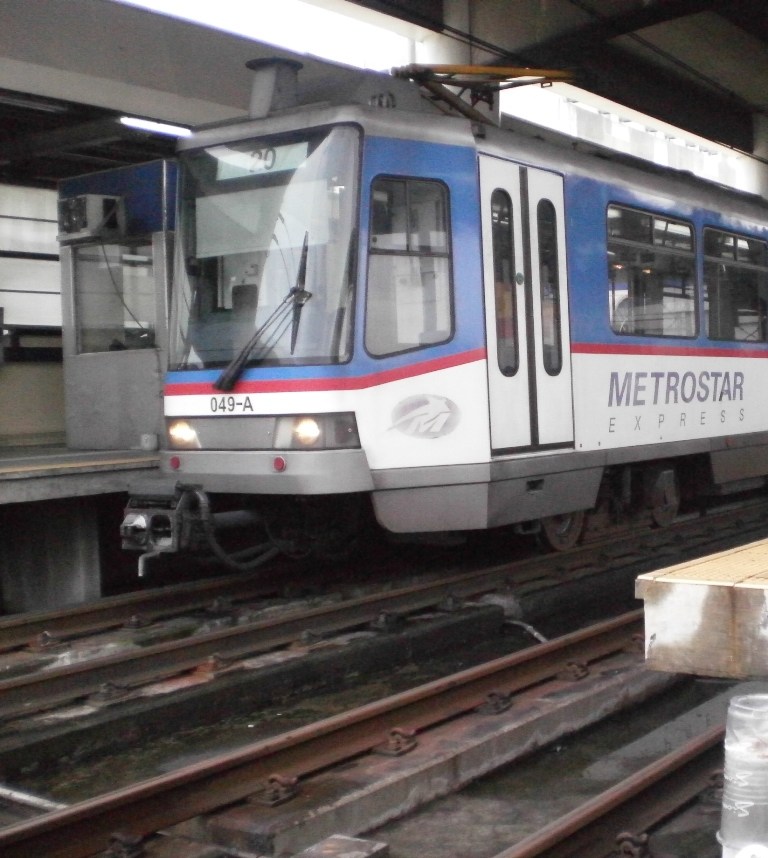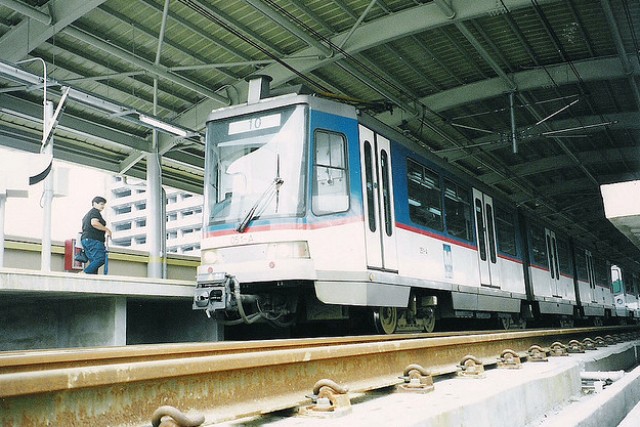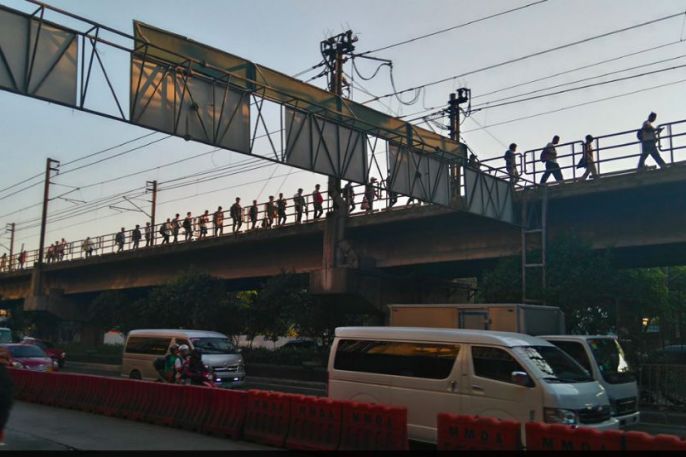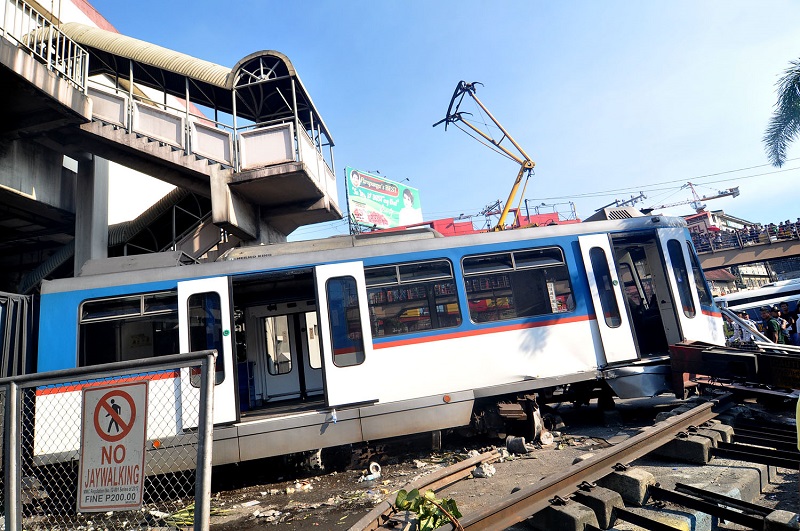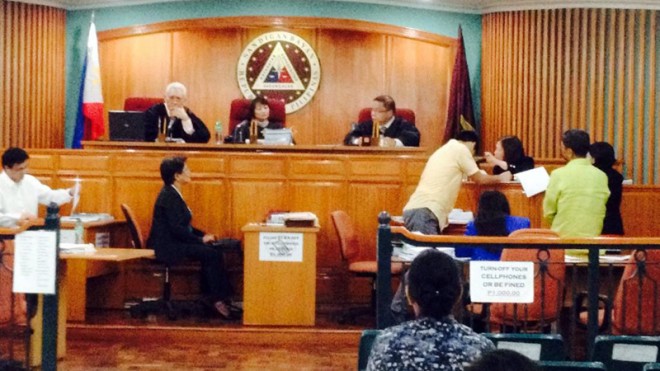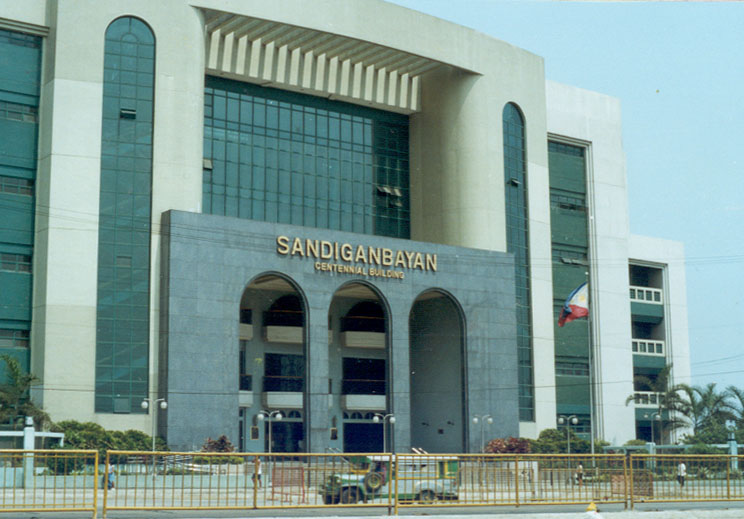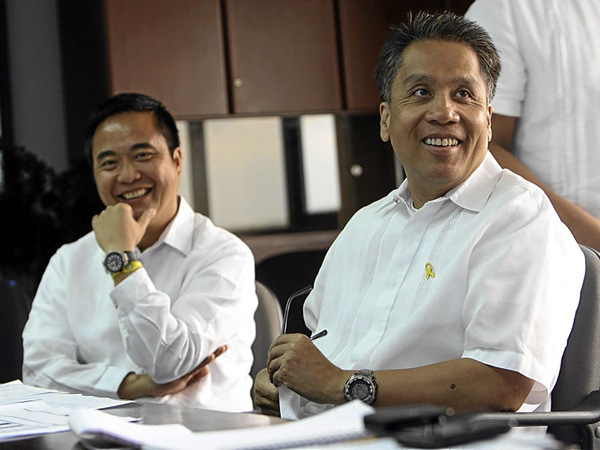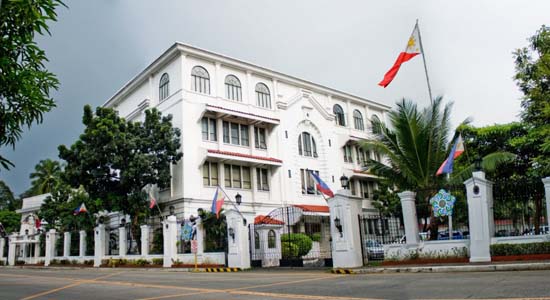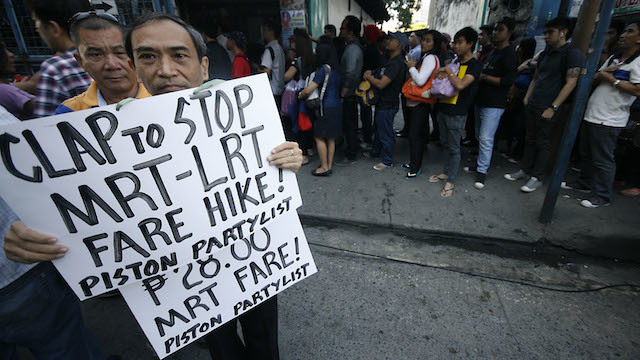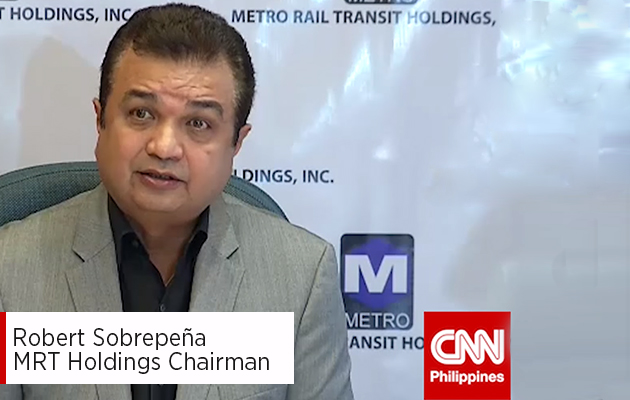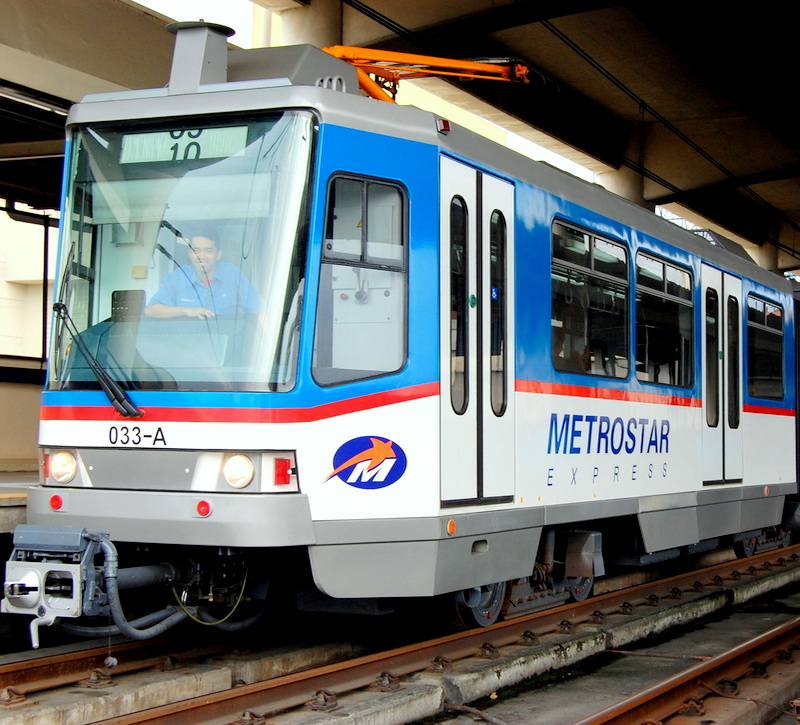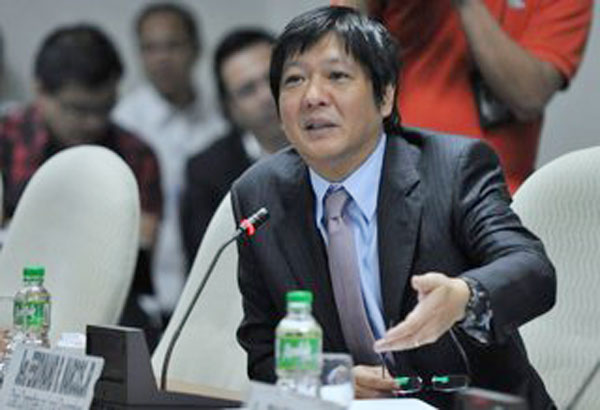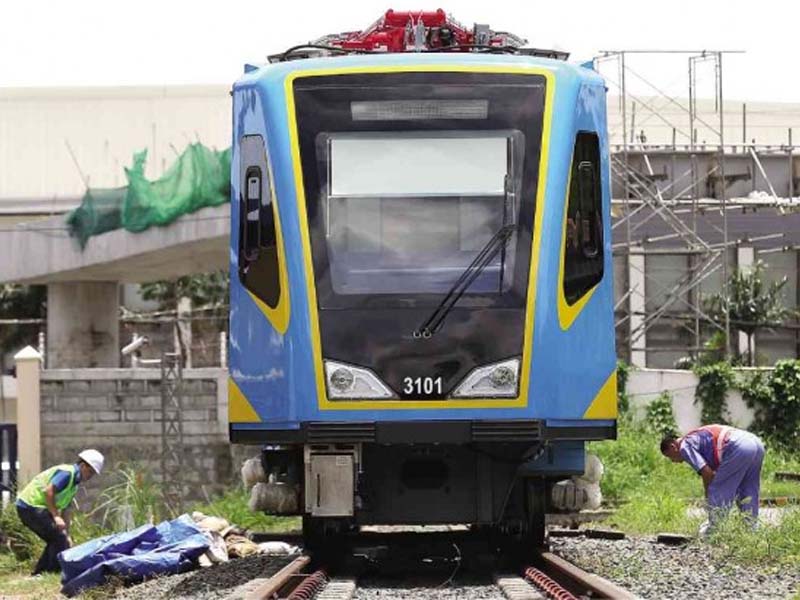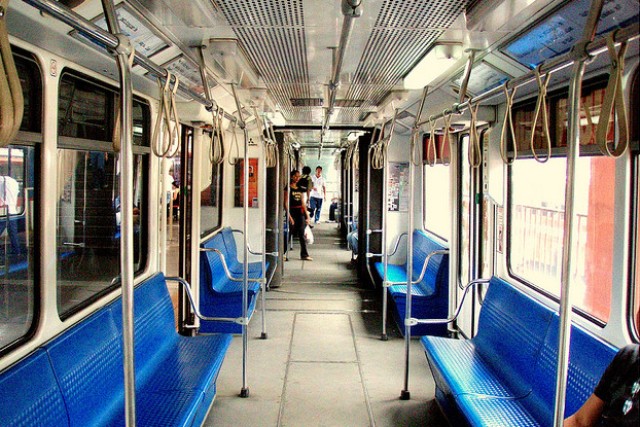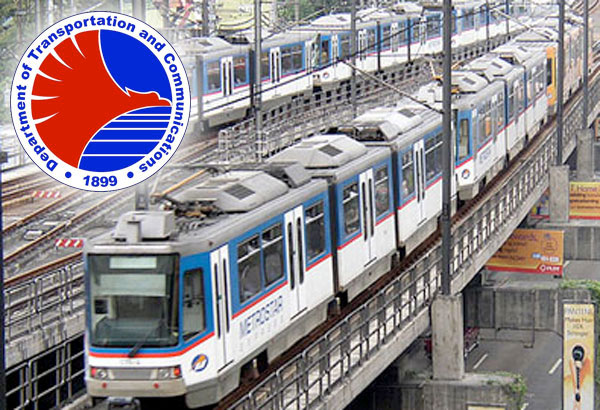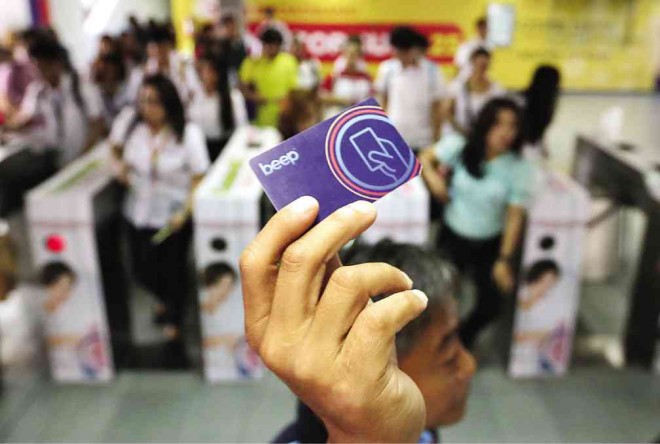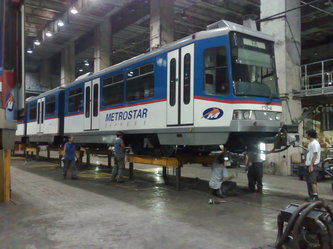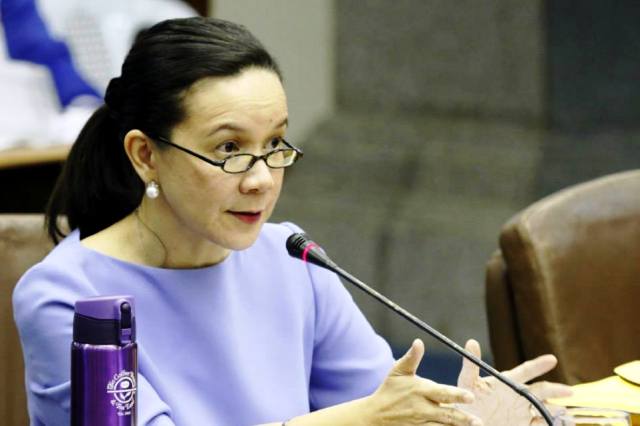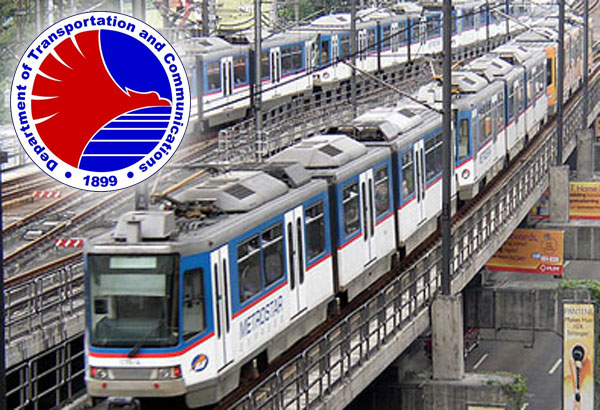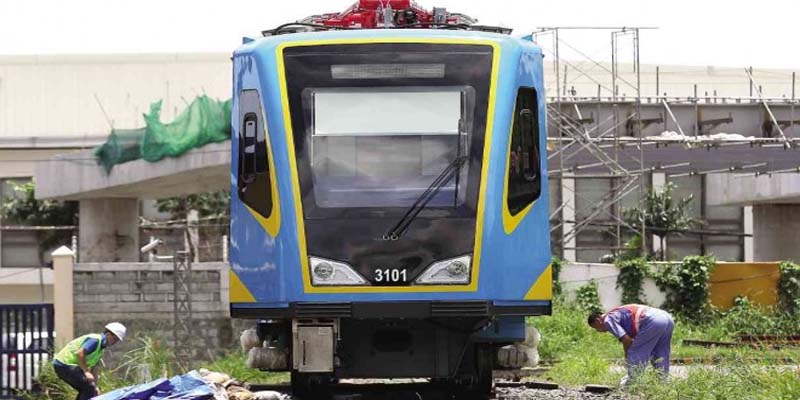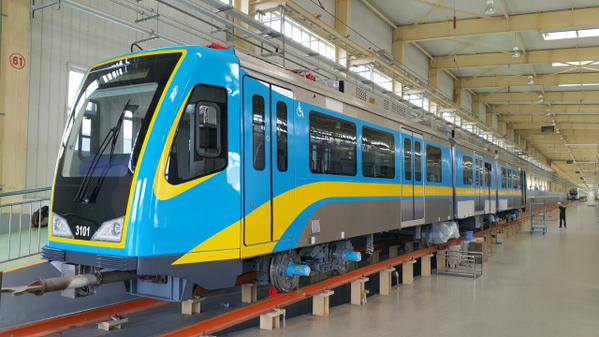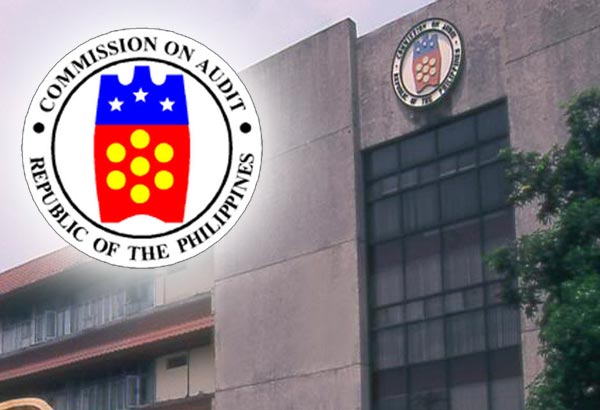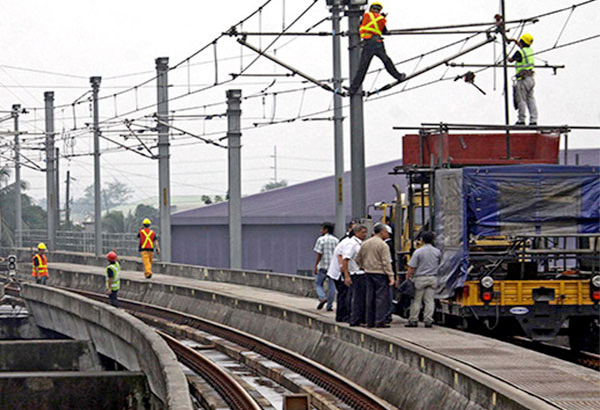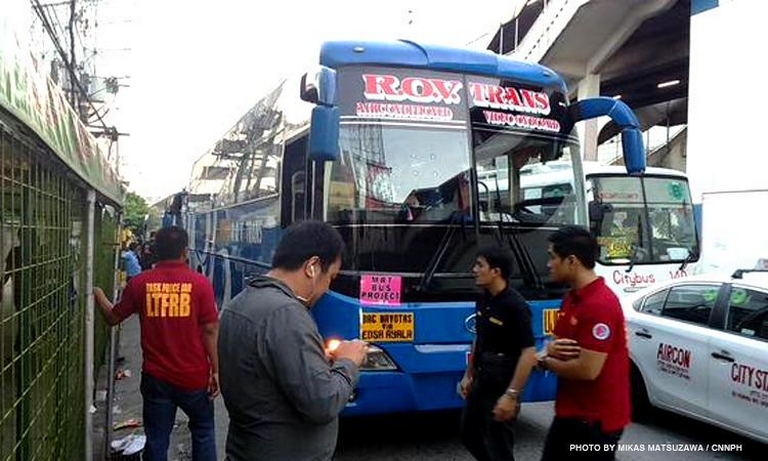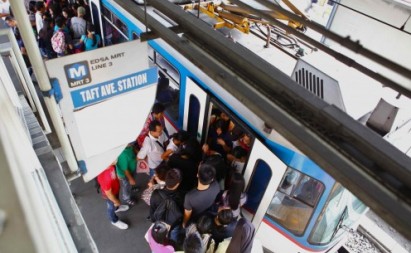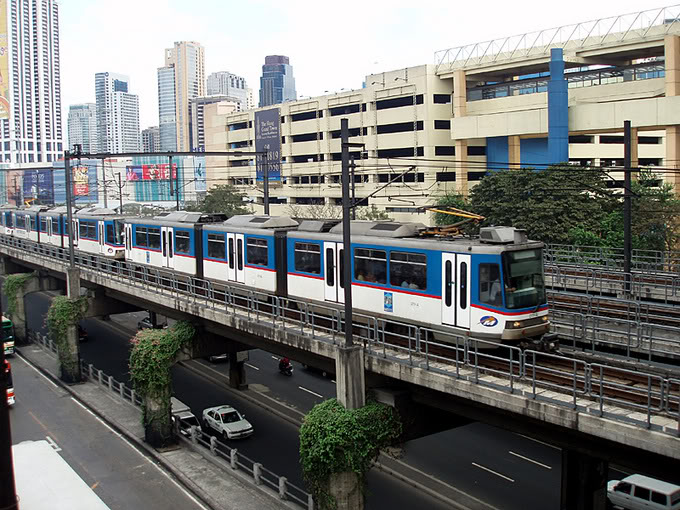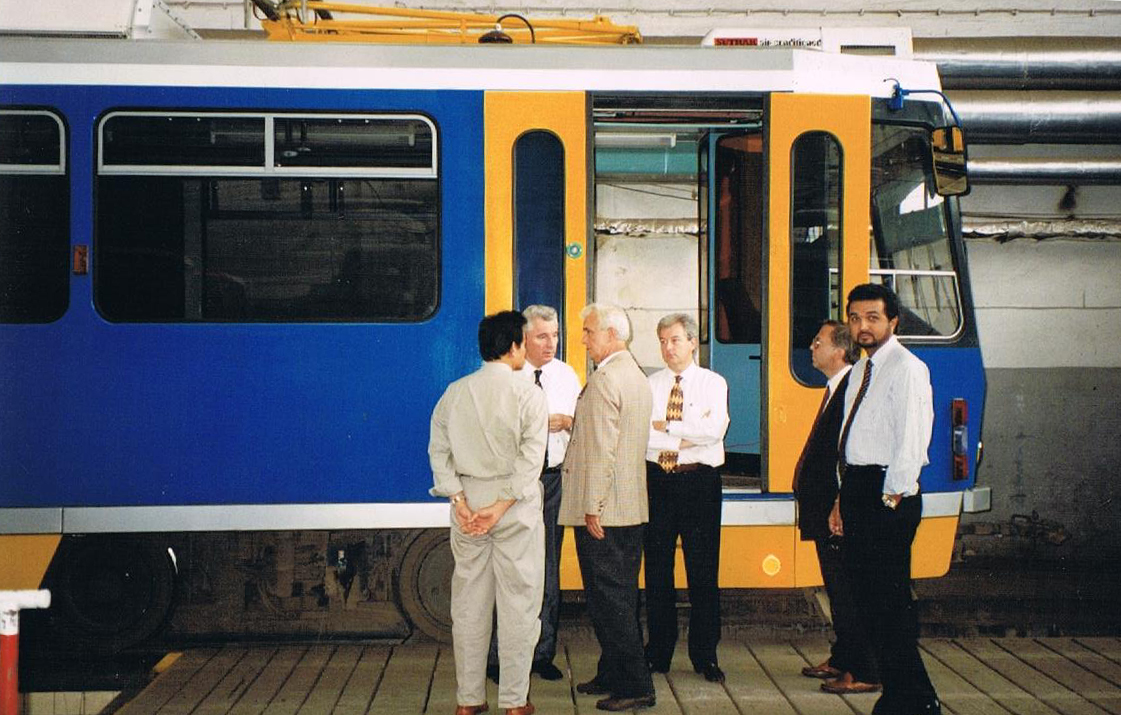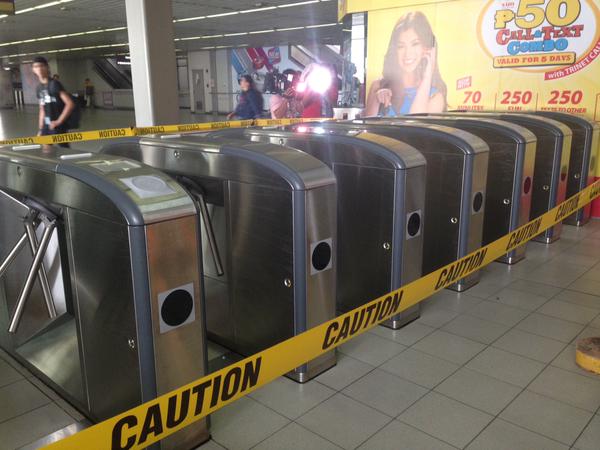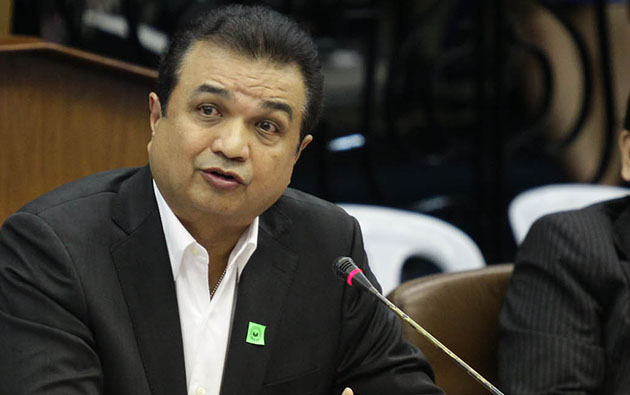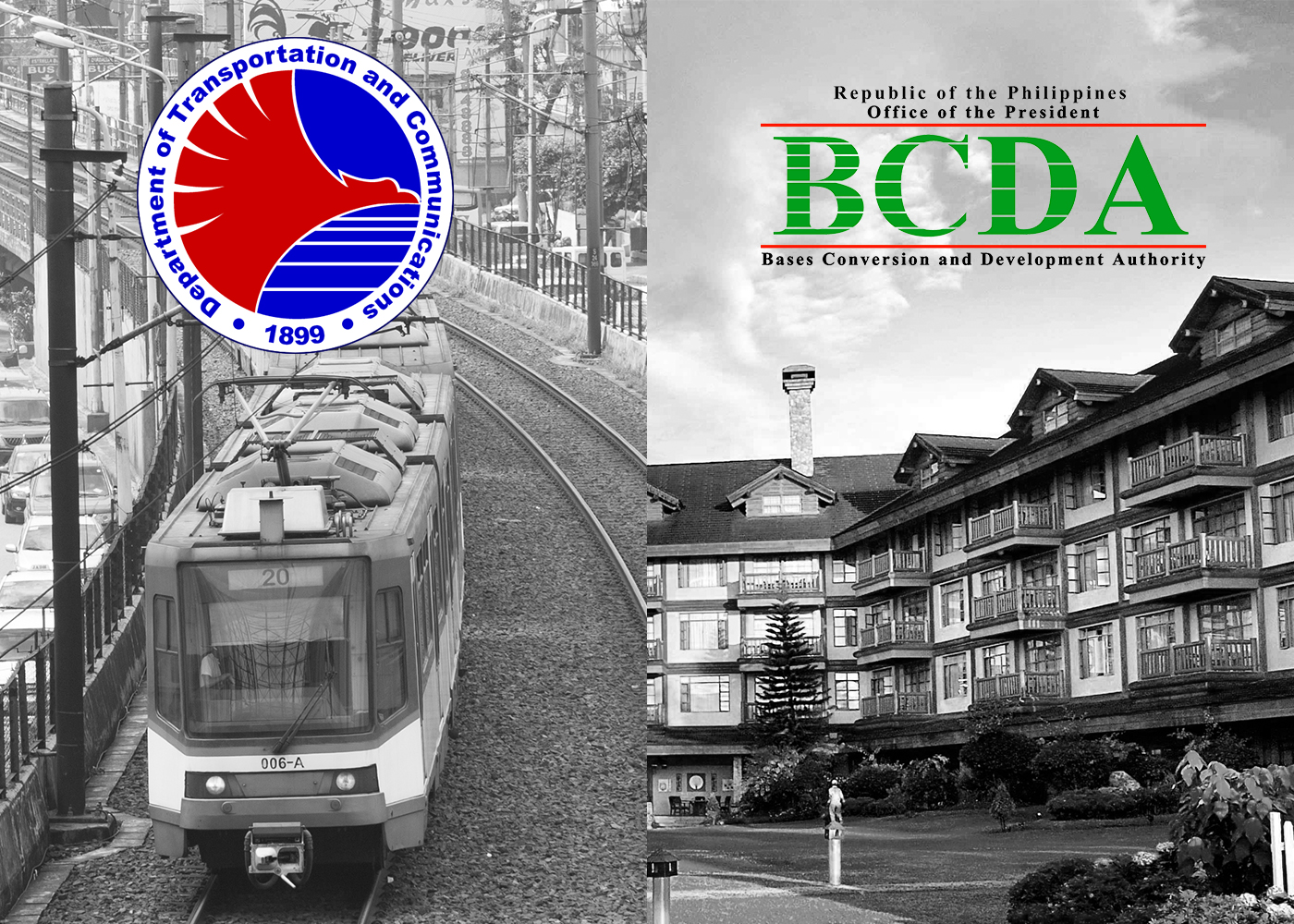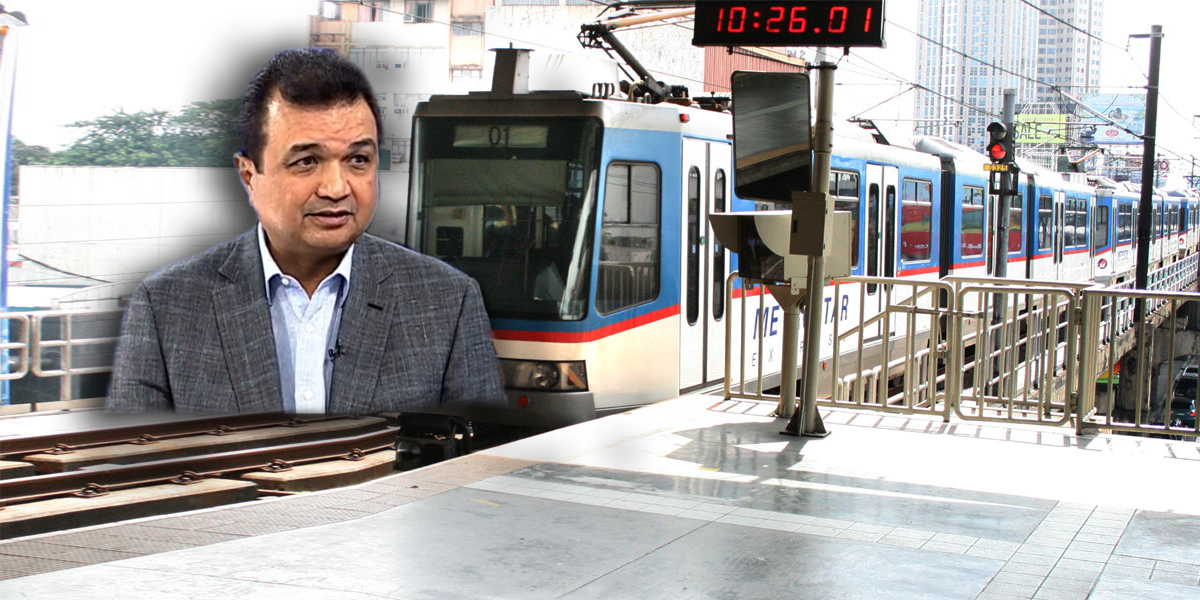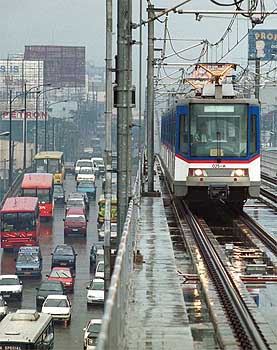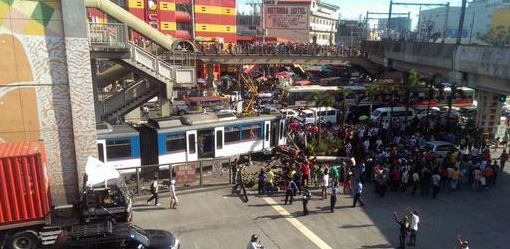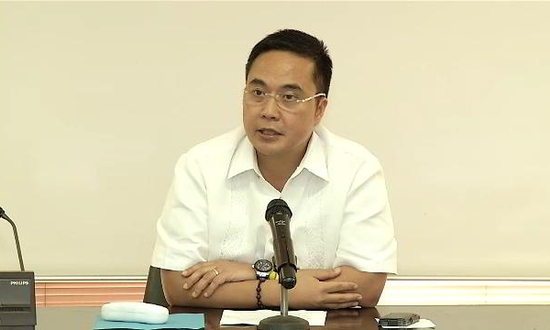By Lenie Lectura | BusinessMirror | January 26, 2012
MANILA, Philippines - Metro Pacific Investment Corp. (MPIC) on Wednesday invoked a little-known agreement it said it had signed with the Metro Rail Transit Corp. to claim its “legal right” to undertake the capacity expansion program for the MRT Line 3.
The claim, if true, effectively throws a monkey wrench into the bids of San Miguel Corp. and Ayala Corp. for the “capacity expansion” of MRT’s Line 3.
Jose Jesus Laurel, MPIC vice president for legal affairs, “reminded” the government that the corporation’s proposal to expand the Edsa railway system “is not an unsolicited proposal” but rather one that is pursuant to the expansion rights granted to MPIC by the MRTC under a build-lease-transfer (BLT) agreement.
Laurel declined to give details of the BLT—when it was signed and who signed it. But it was presumed it was done during the tenure of Transportation Secretary Jose de Jesus who resigned at the early stage of the Aquino administration and was replaced by Secretary Manuel A. Roxas II.
“MRTC’s expansion rights under the BLT agreement prevent the government from bidding the MRT 3 capacity expansion project. MPIC expects the government to honor MRTC’s rights under the BLT Agreement,” Laurel said.
This statement from the local flagship of the Hong Kong- based First Pacific Co. Ltd. was issued to clarify the proposal it submitted to the Department of Transportation and Communications (DOTC) and the Department of Finance on January 17, 2011.
The DOTC acknowledged it received a proposal from MPIC, along with the group of Ramon Ang and Ayala Corp. to undertake the MRT 3 capacity expansion project via the auction of a maintenance contract.
Transportation Secretary Roxas said on Tuesday that the government would auction the maintenance contract after an existing one with accredited maintenance provider Sumitomo Corp. expires. He did not mention a definite date but said it would be within the year.
“The government will not choose winners and losers. The competition among the private sector will be expressed through their bids,” Roxas said the other day.
When sought for comment yesterday, Roxas said he would consult with government lawyers on how best to handle MPIC’s supposed right to undertake by itself the capacity—expansion program that involves, among other things, the purchase of new cars, upgrading of signaling equipment, improving the frequency of train departures and lengthening the number of cars per train.
“Since MPIC is invoking legal rights, I will first ask my legal team before replying,” Roxas said in a text message.
MPIC had already offered the government $300 million to expand the capacity of the MRT3. It plans to double the capacity of the railway system to 700,000 passengers a day from the current 350,000 by adding more cars to one train so that trains will be carrying more cars at faster intervals.
Aside from the $300-million proposal, MPIC had also offered the government $350 million for the acquisition of equity and some of the bonds issued by the MRTC.
Part of the proposal is to buy out the state-owned Development Bank of the Philippines and Land Bank of the Philippines, which own a combined 22 percent of equity in the MRT 3 project but 75 percent of economic rights through bondholders.
MPIC, said its president, Jose Lim, has already signed a cooperation agreement with various groups relating to rights and interests in MRT 3 companies: Metro Rail Transit Holdings Inc., Metro Rail Transit II Inc., MRTC and Monumento Rail Transit Corp. This includes the interest held by the group of businessman Robert John Soprepeña.
Lim said a cooperation agreement gives MPIC the option to take over their shares if the concession proposal is accepted by the government. Last year he said MPIC signed agreements with other shareholders that effectively increased the corporation’s equity control to 48 percent. But this is not enough because MPIC still has to buy out the economic rights held by DBP and LandBank. These banks own roughly 22 percent in direct equity.
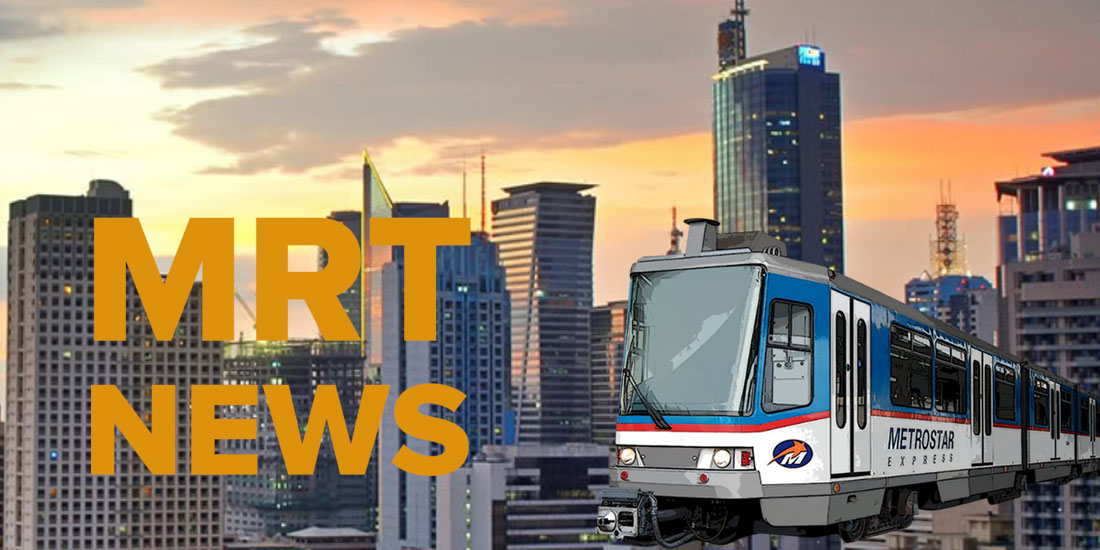
 Twitter
Twitter Facebook
Facebook